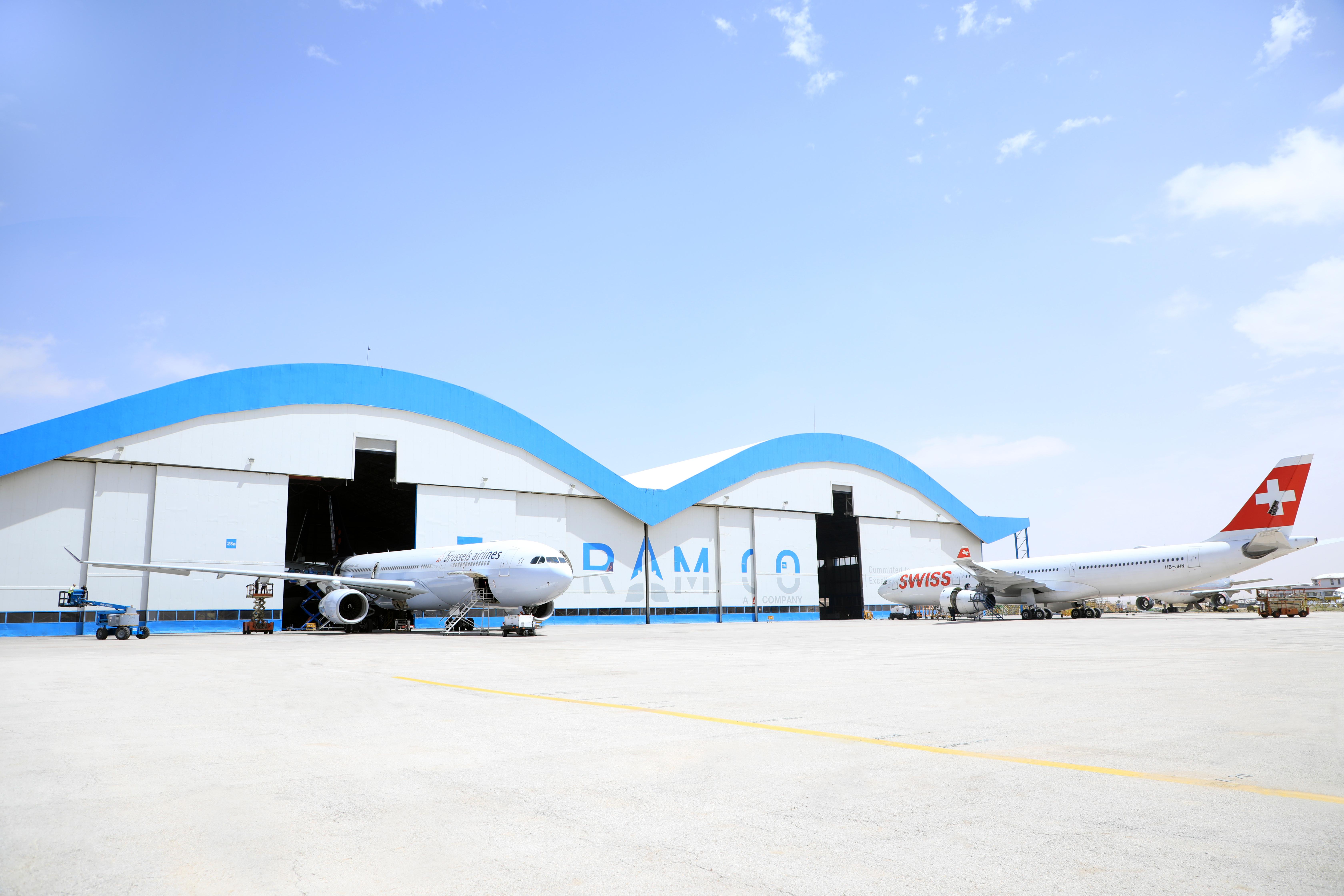
Jordanian MRO provider Joramco says it is emerging from the COVID-19 crisis about as strong as it went in and this could lead to additional component maintenance capabilities.
The Amman-based MRO now has 15 lines of heavy checks working, and along with plans to expand its capabilities to include parts, it is also continuing to bring new, young mechanics into its workforce.
“We are enjoying our busiest summer season, usually a quiet season,” says Fraser Currie, Joramco's chief commercial officer. “We usually are at full capacity thought the first quarter, then it drops off. That drop-of has not happened this year.”
One reason: about 30% of Joramco’s heavy check lines are now working on lease transitions. These jobs keep the MRO busy, but Currie says keeping three parties happy – operator, MRO and lessor – presents challenges. He would like to turn lease transitions more into a “science, like C and D checks.”
Most lease transitions are taking place on narrowbody aircraft. Joramco expects full lines of widebody work through the end of the third and fourth quarter and is now starting to fill up its last few narrowbody lines. Currie expects these will be full through the end of the year and into March-April 2022.
Another reason for busy check lines is return to service work. At pandemic peak, Joramco had 60 parked aircraft, and the count is now down to 40. And these remaining 40 will eventually go back to operators. “None are going to the graveyard,” Currie notes.
The Joramco executive says his MRO suffered less than most shops during pandemic. The volume of work continued strong, but costs rose significantly, due to the expenses of keeping staff and customers safe. With lockdowns, Joramco had to manage with fewer people, and that drove up costs.
Joramco now is moving into component work. It has signed an agreement with Lufthansa Technik Middle East (LTME) under which LTME will do major overhauls of nacelles for Joramco at its Dubai shops, and will also provide training so that Joramco can inspect and do minor repairs on nacelles in its own shops in Amman.
Director of business development Elie Dib says the company is in discussions with several OEMs on becoming a center of excellence for repairs of their parts in the Middle East.
And part of the agreement with LTME envisions help from the global MRO for Joramco becoming a center of excellence for repair of more components.
The two companies are now working to select the specific components from a list of eight possibilities: oxygen cylinders; oxygen containers; fire extinguishers; slide rafts; smoke detectors; emergency locator transmitters; cockpit voice recorders; flight data recorders; and hydraulic fuses and valves.
“We are now building the business case for each,” Dib says. He expects selection of the components to be added to the MRO provider's capabilities list will made by the end of September.
Meanwhile, Joramco is proceeding vigorously on another training front. By mid-October, the MRO expects to induct 25 new students into the Joramco Academy, which at any given time has about 50 students training for mechanic licenses.
The academy has enabled its parent shop to reduce the average age of mechanics from the late 40s three years ago to the early 40s today.
The Joramco Academy is supported by Scotland’s Air Service Training. So far, it has trained only Jordanian nationals, but Currie says it is looking to expand its offering to include foreign nationals, most likely from the Middle East region.





